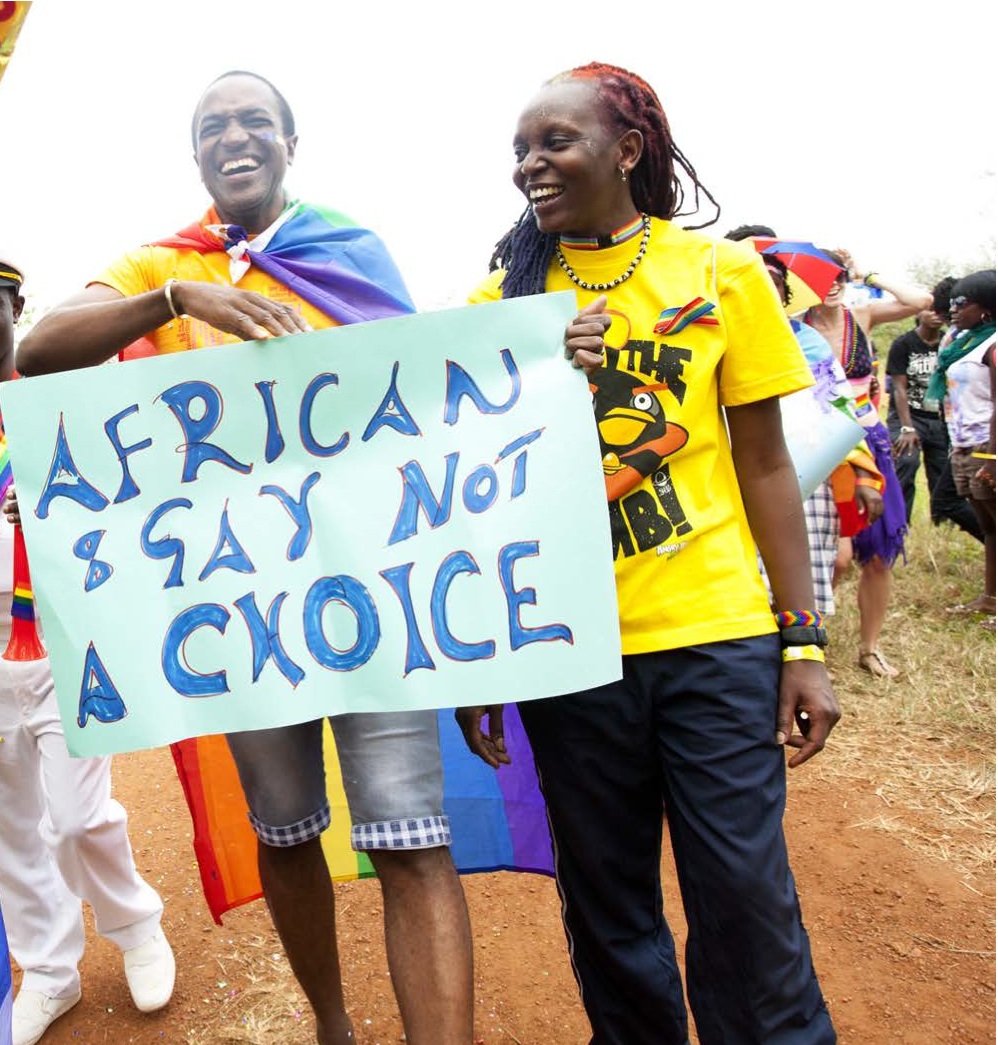A Black lesbian organic herbalist and entrepreneur, who specializes in women's wellness, just started a social venture mass manufacturing her signature organic elixir, HONEY & GOLD, described as a "pleasure and beauty tonic." Pleasure and beauty tonic? Please sign me up immediately.
-
-
Afrofeminism - Blog - Gender and LGBT Issues - International Development - LGBT Africa - Movement-Building - Philanthropy - The Political, Personalized - Thought Leadership
Celebrate LGBTI Africa’s Pride Everyday (and Everywhere, Not Just Uganda)
I have witnessed the daily grind of empowerment of black South African lesbians, watched them sink and wade through the cultural stigma that surrounds them like a mist, clouding the world’s perception of their lives as ordinarily human. Thus, I have come to re-affirm my belief that we must also…

